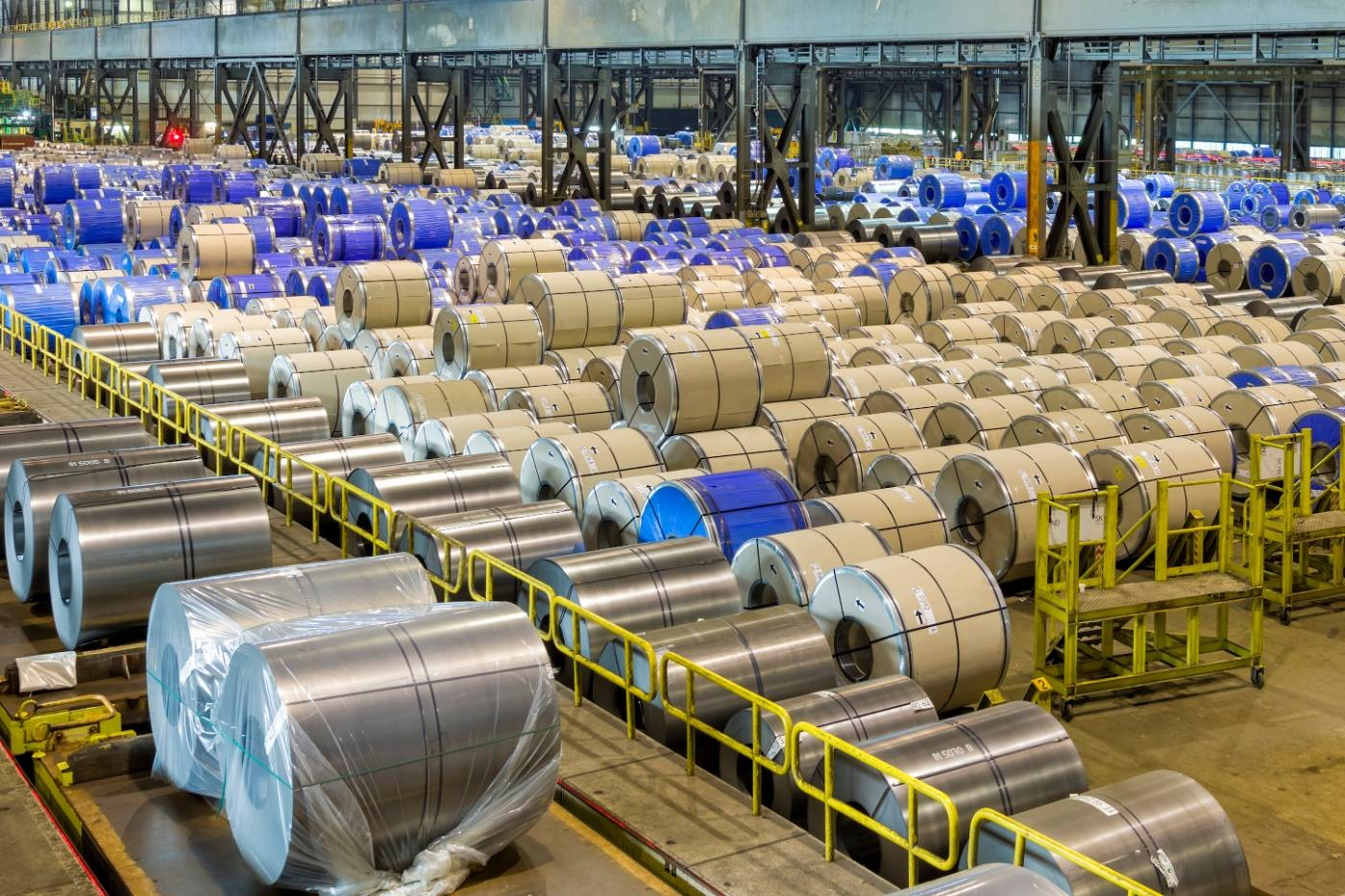Multinational steel manufacturer TATA Steel is partnering with Xomnia to better detect issues in its manufacturing line using predictive maintenance and classification model technology. Our consultants delivered to the steel manufacturer a model that helps predict issues in the production process before they happen.
The model, which is still in the pilot phase, saves time, costs, and emissions associated with product damages and unscheduled halts in production.
“Xomnia’s expert support has made a huge impact on our ability to cost effectively scale preventive maintenance solutions to other installations” - Jörgen van de Langkruis, Team
Lead New Use Cases, Asset Monitoring & Diagnostics Centre - Tata Steel NL
Challenge
TATA Steel’s multiple production facilities sometimes face malfunctions that can lead to unexpected downtime in production, consequently interrupting output.
For instance, part of the production process occurs at TATA Steel’s Hot Strip Mill, and involves rolling big hot slabs of steel into thin sheets. In this process, the slab and strip are transferred over a track of spinning rolls that covers a distance of almost two kilometers. If one of these rolls doesn’t spin, the sheets drag over it, which can damage them and render them useless to clients. A damaged roll might even force halting plant production unexpectedly, resulting in further losses due to interruptions in the production schedule.
TATA Steel collects data via sensors that are fixed on motors along the production line. In the past, the available production sensor data and graphs used to be analyzed manually. There was no automated warning system that directed maintenance efforts to address any issues with faltering rolls in a timely manner. In addition, the manual analyses of sensor data could not be carried out continuously. Therefore, they could only prevent very limited surface damage and unplanned downtime of the Mill.
The manufacturer has indicated that a prevention of 10% of presently occurring unplanned downtime would result in a significant cost saving. Hence, they approached Xomnia with the request to automate the error detection process so that it can be carried out continuously, thus increasing its effectiveness and efficiency.
Solution
A team of machine learning engineers from Xomnia joined TATA Steel to create a solution that predicts roll failures and helps prevent them by supplying actionable warnings.
The resulting solution is in an API that is placed within the already-existing platform used by TATA’s experts. This solution is made up of two components:
- The first component is an anomaly detection model that spots irregularities in the data collected by sensors along the production line. When it detects a deviation in the data signaling, it triggers the actions of the second component.
- The second component is a classification model that labels deviations with four possible statuses: Transmission OK, Transmission Failure, Stalled Motor, and Other Faults. After identifying the issue(s), the classification model provides an actionable warning in the form of an alarm, email or notification that informs the stakeholders in the factory what needs to be checked and why.
Impact
Starting with the pilot phase, the new solution has the potential to detect up to 80% of the issues in the production line (spanning stalling and transmission failures). It is already helping TATA Steel save money and time thanks to reduced product damages and fewer unplanned production stops. The pilot phase is underway as of Q2 2024.


